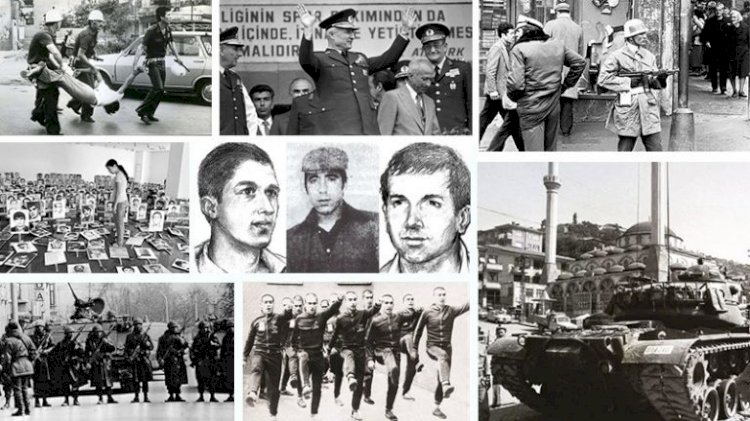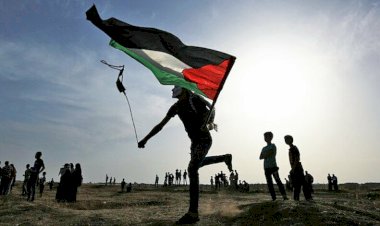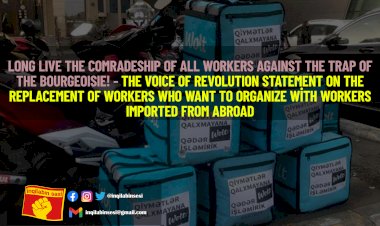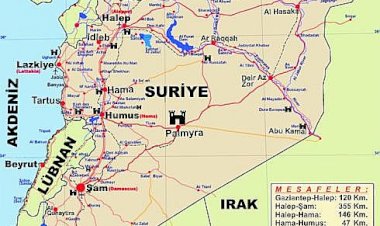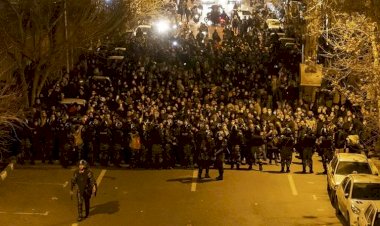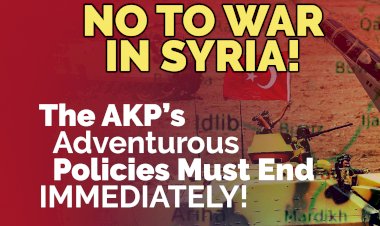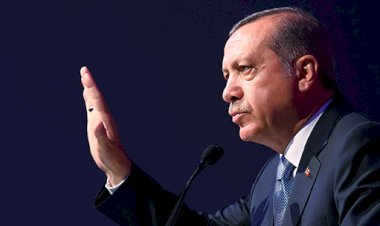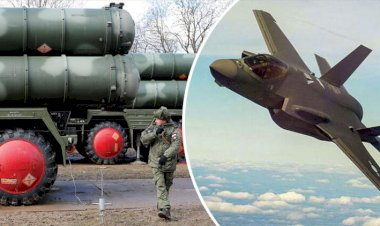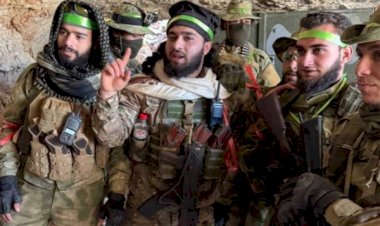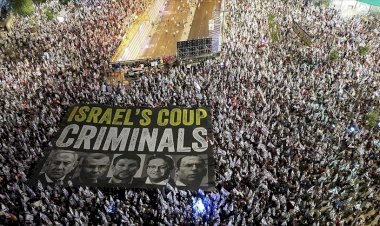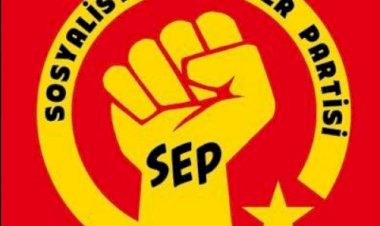September 12 Coup and the Continuation of Defeat- V.U. Arslan
Today is the September 12th, 39th anniversary of the military coup in 1980… Today, we can condemn Commander Kenan Evren, fascist, the US; we can mention that today’s Turkey is the direct consequence of the coup and we can memorize the comrades we lost with respect…. Those are not enough if we want to take a revolutionary leap.
International and Historical Dimensions of the Military Coup
On September 12, there was such a huge defeat for the socialist left that socialists could not make a full recovery until now. At that time, there were defeats all over the world. The imperialist capitalist system was able to overcome the revolutionary hurricanes that began in the 1960s and began counter-attack. In this context, the defeat of September 12 is inseparable from the defeat of the international class struggle. We must understand the experiences of countries that have experienced tremendous catastrophes and betrayals. There a lot of examples, but at least experiences such as Iran, Chile, Spain, Portugal, and Indonesia should be understood well… So the lessons of the September 12 lessons can be explained in two phases:
1-Weaknesses in Turkey’s socialist actors, policy and practice brought about an inevitable fiasco.
2-The weaknesses of the world socialist left; the international fiasco that made a peak with China’s transition to the free market and dissolution of the USSR
As socialists didn’t explained these defeats and facts comprehensively, a dead end of was inevitable. As a result, two main tendencies appeared:
1) Socialist organizations turned into bad copies of old good days (1970s): Distract new generations with nostalgia and prevent their political development and to deplete their energy! Meanwhile, occupy positions with bureaucratic ways in mass organizations.
2) Ideological degeneration: to fill the ideological gap, socialists adopted right wing ideas and tendencies: Identity politics, radical democracy etc. Hegemony of post-modernism to harmed the socialist left.
Opportunities Missed in the 1990s
When the darkest periods of the coup had past, socialists left still had big opportunities in the 1990s, but socialists missed that great opportunities. Strong dynamics of this period can be summarized as follows:
- The accumulated democratic reaction to the darkness of the coup.
- Blue-collar workers’ movement that stormed between 1989 and 1991. The peak point of it was the miners’ huge mobilization from Zonguldak to Ankara
- The strong wave of state employees: their mobilizations and actions evolved into the establishment of KESK (The Confederation of Public Employees‘ Trade Unions ).
- Student radicalism: university occupations and establishment of “Coordination” as the mass organization of this popular student movement.
- Great social explosions in suburbs: popular unrests in Gazi, Okmeydanı, Sarıgazi which were poor neighborhoods were founded by a new wave of internal migration to İstanbul
- Return of generation 78 (at least a part of it) to the active politics.
The socialist left wasted these opportunities during this period. In the years that followed, it could not leave an independent socialist dynamic behind that could lead workers and the youth. There are two main actors on the left in this period:
1) ÖDP: The ÖDP (Freedom and Solidarity Party), which was an umbrella party of a large number of left-wing fractions, has turned its face to the EU instead of bearing class struggle and the anger of the poor. ÖDP was nothing but the expression of the bourgeois democratic aspirations of doctors-architects-engineers and public employees (ÖDP holds the bureaucratic positions in TMMOB, TTB, to a certain extent KESK). Sectarian fights blew the amorphous structure away and practices. Now, what is left behind the ÖDP is just great disappointment and occupied seats in mass organizations.
2) Guerrillaism: This radical tendency, led by the most well known groups, reflects social anger, but was an absolute dead end. Without the perspective of class struggle, the sensational short cuts were a route that the bourgeois state knows how to block: slaughter, massacre, label as “marginals and terrorists”… This path, where poor laborers and radical student youth paid heavy bill, has lost social dynamics, gradually narrowed and faded away.
TKP as an Exception
The Socialist Power Party (SIP), which although it is not coming from the TKP tradition adopted the TKP (Communist Party of Turkey) by using the legal opportunities , was the most conspicuous exception of 1990’s as it benefited from the dynamics of the era. By the 2000s, the TKP had succeeded in creating the most dynamic and mass organization on the left (apart from the Kurdish Movement). But time has shown that organizing thousands of people with an introverted sectarian organization alone cannot make a difference. Making this important TKP analysis in detail goes beyond the limits of this article. But it should not be surprising that, despite the thousands of members of an election-oriented party TKP didn’t leave a mark behind because TKP is a party which is closer to Kemalism than communism, distant with radicalism and loyal to the bourgeois state. TKP split into two after 2013. The leaders of the separation ,who were criticizing that TKP is not a combative party, Erkan Baş and Metin Çulhaoğlu became unsuccessful after they launched their party (TİP) as they couldn’t get the necessary ideological conclusions. As they had a shaky ideological ground, they failed to organize a successful party structure. On the other hand, the traditional current led by Kemal Okuyan continues their journey as a project within their historical boundaries with inward oriented sectarian organization and with Kautskyist tendencies.
The Rest
Most of the remaining actors on the socialist left gathered under the roof of the HDP. Socialist traditions, which lost their political claims since the 2000s, withdrew their reserves on the Kurdish National Movement, one by one, and joined the HDP tradition. So much so that a wide spectrum from the Halkevleri to TİP has went into the orbit of the HDP. The HDP’s strategy of becoming a dominant actor on the left and controlling its opponents seems to be successful. But this did not caused very good results for the socialist left. There is no left party which enter the HDP and keeps its independent political existence. By giving up the socialist left’s labor-centered independent historical program, engaging in HDP’s identity politics, is nothing but backing up to liberal politics.
An alternative is always possible. It is necessary to raise an internationalist class-oriented revolutionary politics in which the socialist left can be itself and to educating new cadres in this line. While the objective conditions of social explosion matures in Turkey, we cannot stuck in passivism, liberal politics of radical democracy or anti-classist identity politics.
As we mentioned at the beginning of the article, we have to learn from the international and historical lessons of September 12 military coup. Let us not forget that the September 12 and the collapse of the Soviets are not outdated issues.



